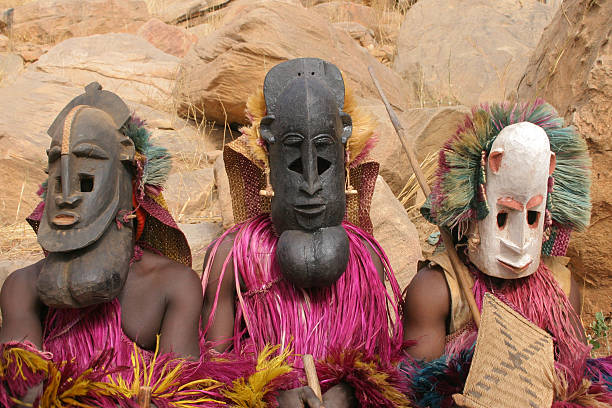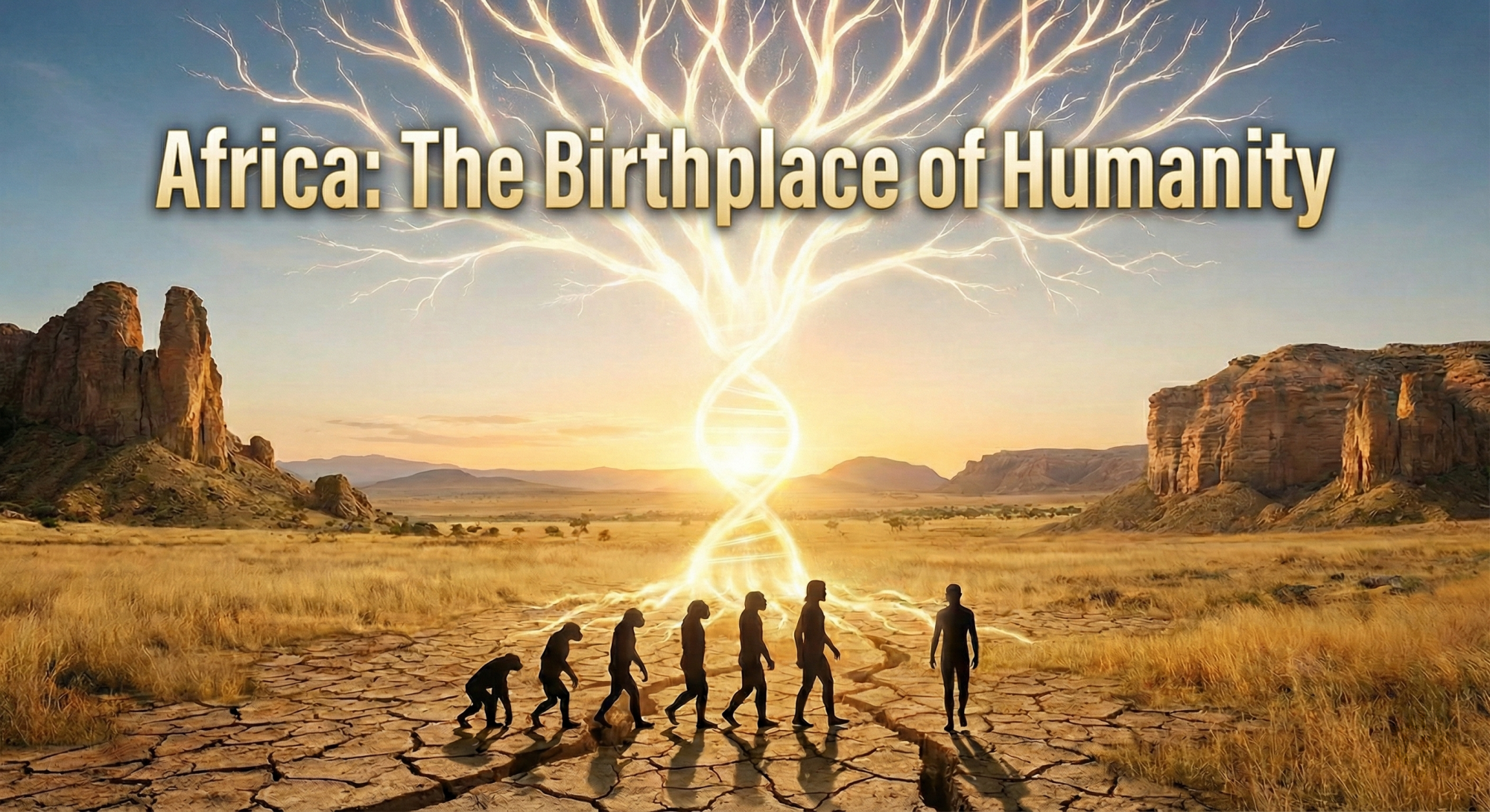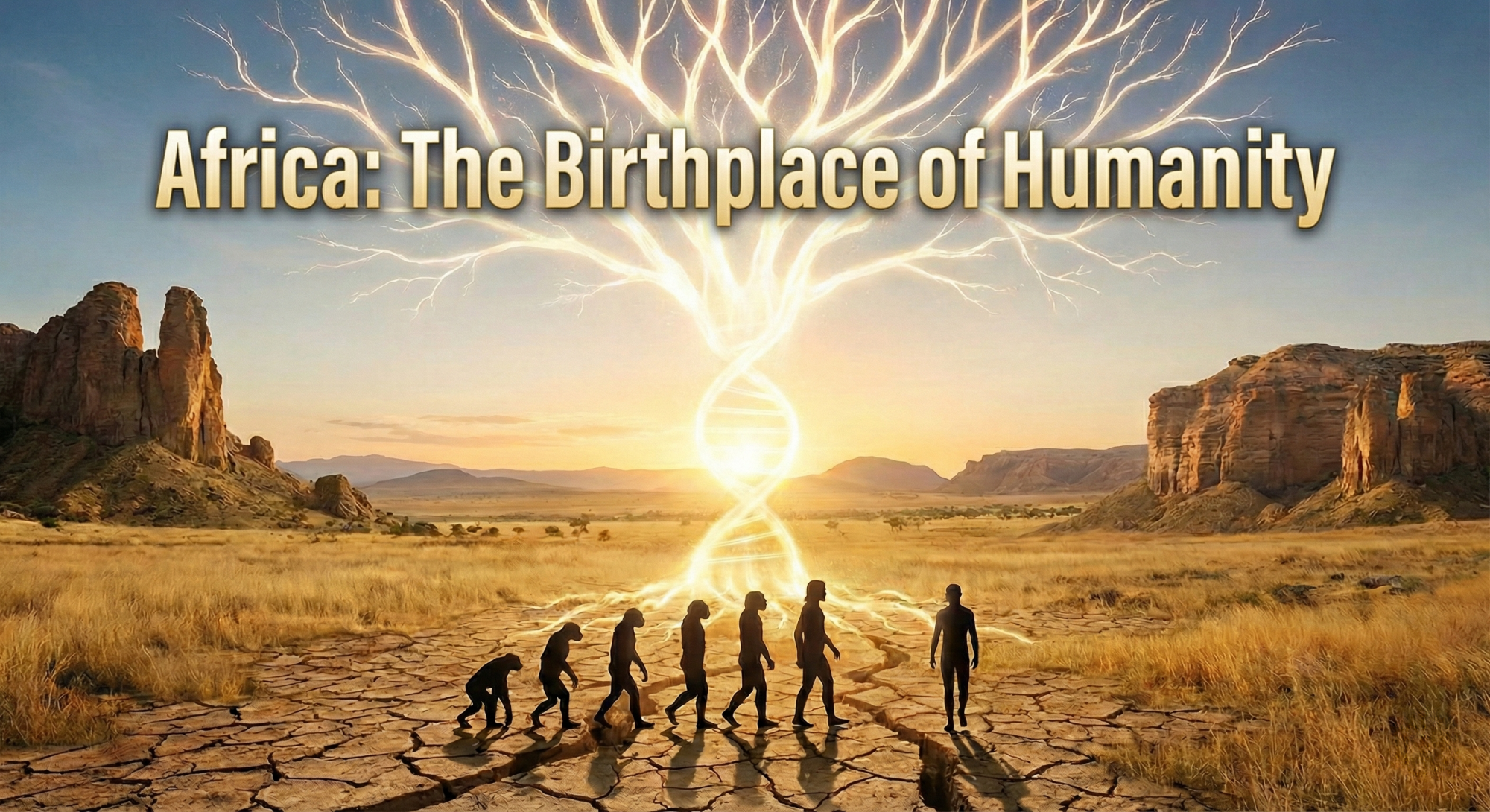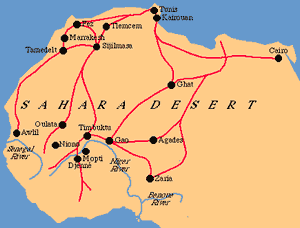The Dongo People of the Congo: History, Culture, and Identity

The Dongo People of the Congo: History, Culture, and Identity
Discover the history, origins, and culture of the Dongo people of the Congo, a small yet resilient ethnic group with a rich tradition and heritage.
Africa’s cultural landscape is as vast as it is diverse, home to thousands of ethnic groups with unique languages, histories, and traditions. Yet, while some groups such as the Zulu of South Africa or the Yoruba of Nigeria are widely recognized, others remain largely unknown outside their immediate region. Among these lesser-known but historically significant groups are the Dongo people, a community primarily found in the Democratic Republic of Congo (DRC).
The Dongo may not command global attention, but their story is interwoven with the rich cultural and historical fabric of Central Africa. From their early origins in the Congo Basin to their roles in regional politics, trade, and resistance, the Dongo represent a community that has quietly contributed to African history and continues to preserve its unique heritage.
This article explores the history, culture, traditions, and modern realities of the Dongo people of the Congo in detail.
Origin and Early History
The Dongo belong to the larger Ubangian-speaking peoples of Central Africa, a cluster of communities spread across the Congo, Central African Republic, and Cameroon. Linguistic evidence suggests that the Dongo language, part of the Ubangian family, diverged centuries ago as groups migrated through the Ubangi River region, a vast network of waterways that has historically served as both a lifeline and a cultural crossroads.
The Ubangi River played a critical role in shaping the identity of the Dongo. Its fertile banks encouraged settlement, farming, and fishing, while its waters provided access to regional trade routes that connected them to neighboring groups. Oral traditions among the Dongo point to a history of both cooperation and conflict with surrounding peoples such as the Ngbaka, Zande, and other Ubangian-speaking groups.
Archaeological findings in the region also suggest that the ancestors of the Dongo were part of the early ironworking cultures of Central Africa, skilled in metal tools and weaponry that enabled them to expand and defend their territory.
Settlement and Environment
The Dongo traditionally inhabit the Sud-Ubangi region of northwestern DRC, close to the border with the Republic of Congo and the Central African Republic. This region is characterized by dense forests, savannahs, and rivers, which have heavily influenced the Dongo’s way of life.
- Housing: Traditionally, Dongo homes were made of mud walls and thatched roofs, arranged in clusters that reflected extended family units.
- Economy: The people relied on subsistence farming, cultivating crops like cassava, maize, and groundnuts, supplemented by fishing and hunting.
- Trade: Their proximity to river systems made the Dongo active participants in local trade, exchanging foodstuffs, crafts, and iron tools with neighboring groups.
The river environment was not only economic but also spiritual, as many Dongo beliefs were tied to water deities and spirits said to dwell in rivers and forests.
Language and Identity
The Dongo speak the Dongo language, classified under the Ubangian family. While it is relatively small in terms of speaker population (around 30,000), the language serves as a crucial marker of identity.
Like many African languages, Dongo is oral rather than written, with traditions, histories, and rituals passed down through storytelling, songs, and proverbs. This oral culture has preserved not only history but also social values and moral codes for generations.
However, due to colonization, migration, and modernization, many Dongo today are bilingual or multilingual, speaking Lingala, French, or other regional languages alongside their mother tongue. This bilingualism reflects both adaptation and the pressures of cultural assimilation.
Political and Social Organization
The Dongo historically operated under clan-based systems, where extended families held authority over communal land and resources. Leadership often combined political and spiritual roles, with chiefs serving as mediators between the community and the ancestral spirits.
The council of elders played a crucial role in decision-making, settling disputes, and guiding younger generations. Respect for elders remains a central value within Dongo culture.
Marriage was often used as a political and social tool to forge alliances between clans or neighboring groups, helping to maintain peace and expand networks of influence.
Culture and Traditions
Religion and Spiritual Beliefs
Traditional Dongo religion is deeply rooted in animism, the belief that spirits inhabit natural elements such as rivers, forests, and animals. Ancestor veneration is also central, with rituals performed to honor the dead and seek their guidance.
Certain individuals, often spiritual leaders or diviners, were believed to have the power to communicate with spirits and heal illnesses. Rituals, sacrifices, and festivals played important roles in maintaining harmony between the physical and spiritual worlds.
Arts and Crafts
The Dongo are skilled in wood carving, basketry, and ironwork. Masks and statues often served both aesthetic and spiritual purposes, used in ceremonies to invoke spirits or commemorate ancestors.
Music and Dance
Music and dance are integral parts of Dongo life. Drums, rattles, and flutes accompany dances performed at weddings, harvest celebrations, and religious festivals. Songs often carry moral lessons, historical narratives, or praise for ancestors and deities.
Marriage and Family
Marriage among the Dongo is traditionally exogamous, meaning individuals must marry outside their immediate clan. Bride price, paid in livestock, food, or goods, symbolizes the joining of families and respect for the bride’s family.
Women play vital roles in the family economy, contributing to farming, food preparation, and cultural preservation through storytelling and child-rearing.
Colonial Encounters and Resistance
Like many Central African communities, the Dongo were deeply affected by European colonization in the late 19th century. The Congo Free State under King Leopold II of Belgium was notorious for its brutality, forcing local communities into rubber collection and other exploitative labor systems.
The Dongo, along with neighboring groups, resisted these impositions through both open rebellion and subtle acts of defiance, such as fleeing into forests, sabotaging colonial projects, or preserving forbidden cultural practices.
Colonial rule also disrupted traditional governance, replacing clan chiefs with appointed leaders loyal to colonial authorities. This undermined the cohesion of Dongo society and contributed to long-term challenges in political organization.
The Dongo in the Modern Era
Today, the Dongo people number around 30,000, making them a relatively small ethnic group within the DRC. Despite their size, they have maintained much of their cultural identity, though modernization has brought challenges.
- Education and Language Loss: Younger generations increasingly prioritize French or Lingala, threatening the survival of the Dongo language.
- Migration: Many Dongo have migrated to urban centers like Kinshasa or Gemena in search of education and economic opportunities, creating tension between traditional life and modern aspirations.
- Religion: While Christianity has made significant inroads, many Dongo continue to blend Christian beliefs with traditional spiritual practices.
Conflicts and Struggles
The Dongo region has occasionally been marked by conflict and instability, particularly in the late 20th and early 21st centuries. Ethnic clashes, political marginalization, and competition for resources have sometimes placed the Dongo in vulnerable positions.
The most notable was the Dongo Conflict of 2009, when tensions between the Dongo and neighboring Lobala communities escalated into violent clashes that displaced thousands of people. This conflict highlighted the ongoing fragility of local governance structures and the impact of underdevelopment on ethnic relations in the region.
Legacy and Importance
Despite being a relatively small ethnic group, the Dongo are a reminder of the incredible diversity of Central Africa. Their culture, traditions, and resilience in the face of colonial exploitation and modern challenges demonstrate the richness of African societies that are often overlooked.
In an age where globalization threatens to erase minority cultures, documenting and preserving the history of groups like the Dongo is crucial. Their story not only enriches our understanding of African history but also challenges us to value every thread in the continent’s cultural fabric.
Conclusion
The Dongo people of the Congo may not be widely known, but their history is as significant as that of larger, more famous groups. From their origins along the Ubangi River to their cultural traditions, colonial struggles, and modern challenges, the Dongo embody the resilience of small communities that continue to survive and adapt in a rapidly changing world.
By learning about the Dongo, we expand our understanding of Africa beyond the familiar narratives and honor the diversity that makes the continent truly extraordinary.


